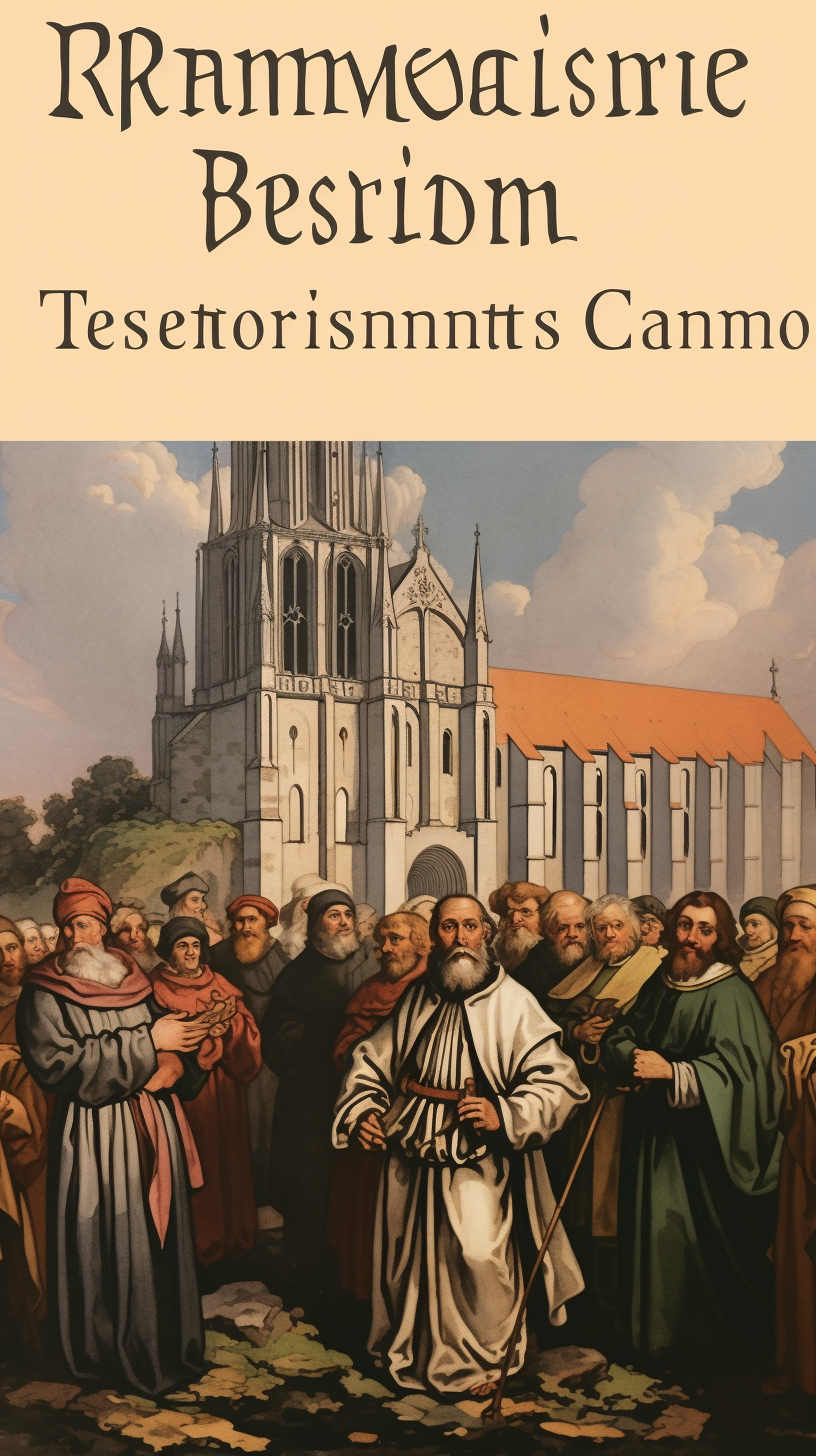Post
Introduction to the Reformation
The Reformation was a significant period in European history that reshaped the religious, political, and social landscape of the continent. It emerged in the 16th century as a response to the corruption and abuses within the Catholic Church, leading to the establishment of various Protestant denominations.
Several factors contributed to the conditions that led to the Reformation. The Renaissance had sparked a renewed interest in learning and intellectual inquiry, which played a role in questioning established religious norms. Additionally, the Catholic Church was grappling with issues like simony (buying and selling of church positions), indulgences (the sale of forgiveness for sins), and an overall decline in moral authority. These grievances, along with the desire for religious reform, created a fertile ground for the ideas of the Reformation to flourish.
One of the key figures of the Reformation was Martin Luther, a German monk and theologian. Luther's theological challenge to the Catholic Church came to a head in 1517 with his famous publication of the 95 Theses. This document criticized the sale of indulgences and sparked widespread debate. Luther's ideas resonated with many people who were disillusioned and frustrated with the practices of the Church.
The impact of Luther's 95 Theses was profound. It challenged the authority of the Church and spread like wildfire thanks to the recent invention of the printing press. Luther's critiques inspired others to join the cause, leading to the formation of various Protestant denominations. The Reformation also sparked a series of religious conflicts, such as the Wars of Religion, which plunged Europe into chaos and division.
In conclusion, the Reformation was a transformative period in European history that emerged as a response to the corruption and abuses within the Catholic Church. It was fueled by the dissatisfaction of individuals like Martin Luther and spread rapidly through the innovative use of the printing press. The consequences of the Reformation were vast, reshaping religious, political, and social structures throughout Europe and leaving a lasting impact on the development of modern Christianity.
